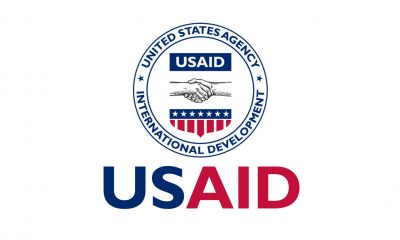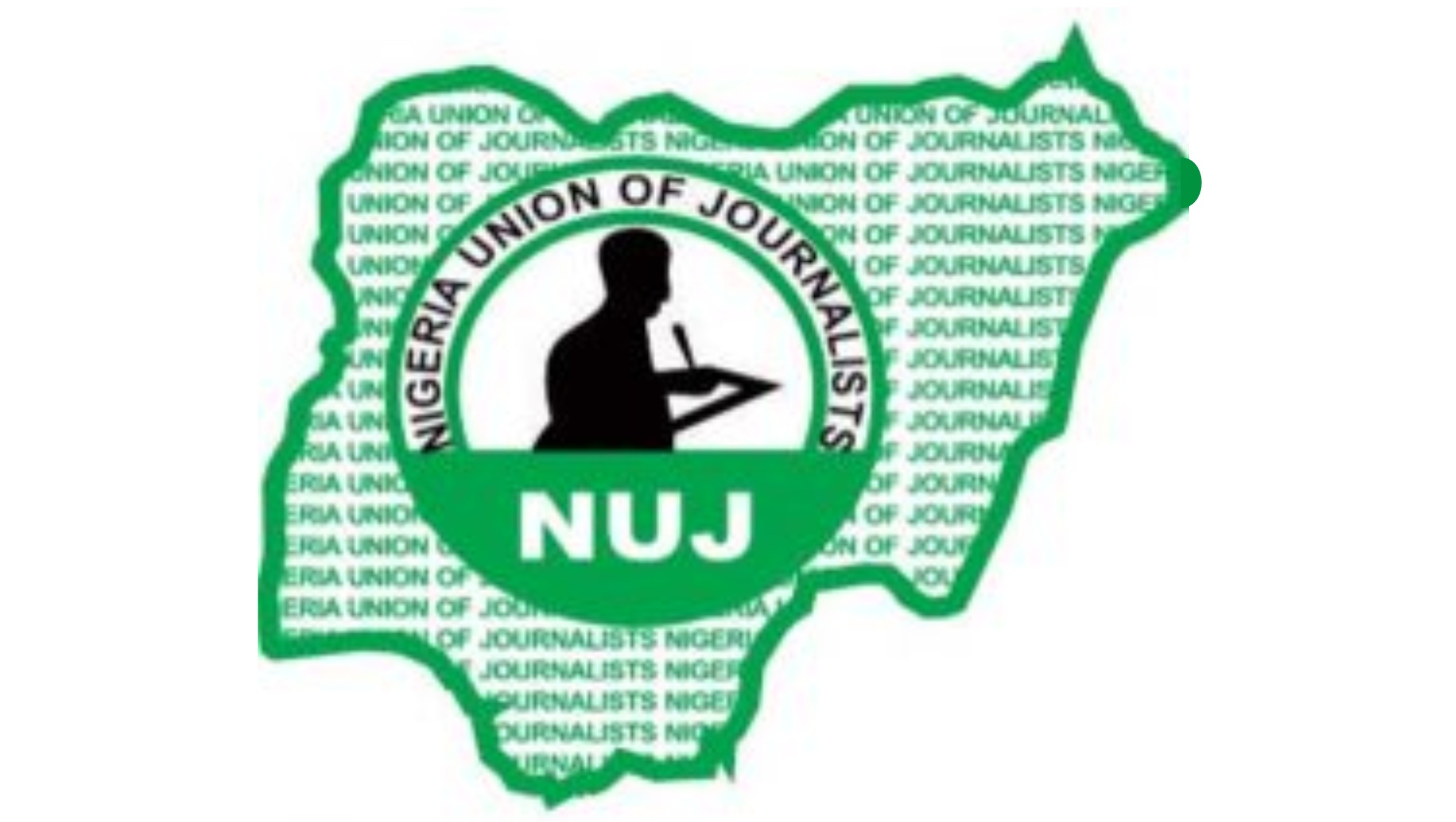Health
Immunization: Sub-NIPDs Records Success In Rivers

The four-day National Immunisation Plus Days (NIPDs) exercise in Rivers State has come to an end with a success rate of over 90 per cent.
Making this known to The Tide, the state Immunisation Officer, Rivers State Primary Health Care Management Board (RSPHCMB), Dr Joseph Urang, said from the commencement of the exercise, last Saturday to yesterday, health officials successfully immunized children at the designated areas in the state.
The designated areas were in 12 settlements in 12 wards of two Local Government Areas, Ahoada West and Obio/Akpor.
The settlements are Enito 2 (Emezi) Betterland (Joinkrama), Mbiama (Mbiama), Ulaubie (Ebiriba), Ugbatoanwhunig bko (Odioku) and Oshika (Upatabo), all in Ahoada West Local Government Area.
The other settlements in Obio/Akpor Local Government Area are: Utachay (Ob Ward I, Haastrup (Ob Ward II), Haruk road, Apostolic close (Obi Ward 12), Mgbuoshimini Water side (Ob Ward 10), Okoa Street (Ob Ward 13), and Rumuchinwo (Ob Ward 14).
Dr Urang stated that although some challenges aroused in the course of carrying out the immunization, but the experience in Christ Embassy church was unexpected.
“We had several challenges in churches and schools, but we were able to resolve all and successfully immunized targeted children.
But at Christ Embassy Church, particularly at Haastrup, in Orazi, we could not carry out the exercise because the authorities there said they would have to hear from their General Overseer first”, Urang said.
Earlier in an interactive session with the media, the Director, Community Health Services, RSPHCMB, Dr Isaac Opurum, stated that the sub-NIPDs was targeted at designated areas in which last year’s polio immunization recorded below 90 per cent coverage.
On his part, the coordinator, National Primary Health Care Development Agency, Rivers State, Dr Imoh Ukpong explained that the sub-NIPDs was necessitated by the fact that some areas were not covered during last year’s NIPDs.
According to him, “reasons for low coverage may be due to flooding, high human traffic, logistical issues which may make it impossible for immunization commodities to go round.
The immunization exercise was targeted at children from 0-59 months.
Sogbeba Dokubo
Health
‘How Micro RNA Research Won Nobel Prize’
Two United States scientists who unraveled the human micro RNA have won the Nobel Prize in Physiology or Medicine 2024.
Victor Ambros and Gary Ruvkun won the coveted prize for their work on microRNA as their discoveries help explain how complex life emerged on earth and how the human body is made up of a wide variety of different tissues.
MicroRNAs influence how genes – the instructions for life – are controlled inside organisms, including humans.
Every cell in the human body contains the same raw genetic information, locked in our DNA.
However, despite starting with the identical genetic information, the cells of the human body are wildly different in form and function.
The electrical impulses of nerve cells are distinct from the rhythmic beating of heart cells. The metabolic powerhouse that is a liver cell is distinct to a kidney cell, which filters urea out of the blood.
The light-sensing abilities of cells in the retina are different in skillset to white blood cells that produce antibodies to fight infection.
So much variety can arise from the same starting material because of gene expression.
The US scientists were the first to discover microRNAs and how they exerted control on how genes are expressed differently in different tissues.
The medicine and physiology prize winners are selected by the Nobel Assembly of Sweden’s Karolinska Institute.
They said: “Their groundbreaking discovery revealed a completely new principle of gene regulation that turned out to be essential for multicellular organisms, including humans.
“It is now known that the human genome codes for over 1,000 microRNAs.”
Health
WHO Begins Regulation On Antibiotic Waste
The World Health Organisation (WHO) has begun acting to curb effects of antibiotic pollution.
The new guidance on wastewater and solid waste management for antibiotic manufacturing sheds light on this important but neglected challenge ahead of the United Nations General Assembly (UNGA) High-Level Meeting on antimicrobial resistance (AMR) taking place on 26 September 2024.
The emergence and spread of AMR caused by antibiotic pollution could undermine the effectiveness of antibiotics globally, including the medicines produced at the manufacturing sites responsible for the pollution.
Despite high antibiotic pollution levels being widely documented, the issue is largely unregulated and quality assurance criteria typically do not address environmental emissions. In addition, once distributed, there is a lack of information provided to consumers on how to dispose of antibiotics when they are not used, for example, when they expire or when a course is finished but there is still antibiotic left over.
“Pharmaceutical waste from antibiotic manufacturing can facilitate the emergence of new drug-resistant bacteria, which can spread globally and threaten our health. Controlling pollution from antibiotic production contributes to keeping these life-saving medicines effective for everyone,” said Dr Yukiko Nakatani, WHO Assistant Director-General for AMR ad interim.
Globally, there is a lack of accessible information on the environmental damage caused by manufacturing of medicines.
“The guidance provides an independent and impartial scientific basis for regulators, procurers, inspectors, and industry themselves to include robust antibiotic pollution control in their standards,” said Dr Maria Neira, Director, Department of Environment, Climate Change and Health, WHO. “Critically, the strong focus on transparency will equip buyers, investors and the general public to make decisions that account for manufacturers’ efforts to control antibiotic pollution.”
Health
Kebbi Harmonises Doctors’ Salaries To Curb Brain Drain
In a concerted effort to curb brain drain, the Kebbi State Government has harmonised medical doctors’ salaries to be at par with their colleagues in the federal government’s tertiary health facilities.
Kebbi State Commissioner for Health, Musa Inusa-Isma’il, disclosed this at the handing over of ambulances to the state-owned health facilities at the Ministry of Health in Birnin Kebbi yesterday.
Inusa Isma’il, according to a statement by Ahmed Idris, the Chief Press Secretary to the governor, said the essence of the harmonisation was to retain the existing medical doctors and attract more to the services of the state.
According to him, the doctors across the state had already started enjoying the new salaries from August 2024.
He said the release of the vehicles was in fulfilment of Governor Nasir Idris’ promise to uplift health care services in the state.
“His Excellency said I should inform you, the beneficiaries of this gesture, that the vehicle should be strictly used for the intended purpose. It should not be used for anything else.
“If there is no referral case, each of the vehicles must be parked at the hospital by 6 pm. The governor said you should warn your drivers against reckless driving as well as violating the instructions.
“We should also do everything possible to reciprocate the gesture by working according to the terms and conditions attached,” he advised.
The benefiting health facilities included Sir Yahaya Memorial Hospital, Birnin Kebbi; State Teaching Hospital, Kalgo; General Hospital, Argungu; General Hospital, Yauri; General Hospital, Zuru; and General Hospital, Bunza.
In his speech, the permanent secretary of the ministry, Dr Shehu Koko, recalled that the ambulances were handed over to the ministry last Friday by the governor for the onward handover to the benefiting hospitals.
He observed that the ambulances would go a long way in improving the referral system in the state, adding that delays in reaching the secondary and tertiary facilities would be eliminated.
The permanent secretary attributed the high rate of maternal mortality in the country to delays in getting to the health facilities for proper medical care.
“We believe with the provision of these ambulances, part of the gaps we have in our referral system will be addressed, whereby patients who require secondary healthcare could be easily transported to secondary and tertiary health centres, where they can get such help,” he said.
In a goodwill message, Commissioner for Information and Culture Alhaji Yakubu Ahmed expressed gratitude to the governor for the support he has given to the ministry to excel.
While advising the beneficiaries to use the vehicles judiciously, the commissioner advised that services and maintenance of the vehicles must be prompt to derive the maximum benefits from the vehicles.
The commissioner also highlighted some achievements recorded by the government in the last year, including beautification of the state capital, completion of a multimillion-naira ultramodern state secretariat, road construction, construction and renovation of classrooms and upgrading of some health facilities, among others.
-
Politics5 days ago
When Women Unite To Pray For SIM
-

 Business5 days ago
Business5 days agoUSAID Re-emphasizes Agricultural Collaboration With Nigeria
-

 Featured5 days ago
Featured5 days agoWe’ve Only One House Of Assembly Led By Oko-Jumbo, Fubara Clarifies …Signs Into Law N1.188trn Rivers 2025 Budget
-
Business5 days ago
Agency Partners Foreign Varsity On Climate-Smart Agriculture Advancement
-

 Nation5 days ago
Nation5 days agoNUJ backs proposed strike by Lagos-owned media workers
-

 Niger Delta5 days ago
Niger Delta5 days agoFouchee Celebrates Asari’s Recognition
-
Niger Delta5 days ago
NDDC Boss Thanks God For Transformation … Promises More Infrastructural Projects
-
Business5 days ago
NACCIMA Rep Urges Farmers To Exploit Hybrid Oil Palm Seedlings

